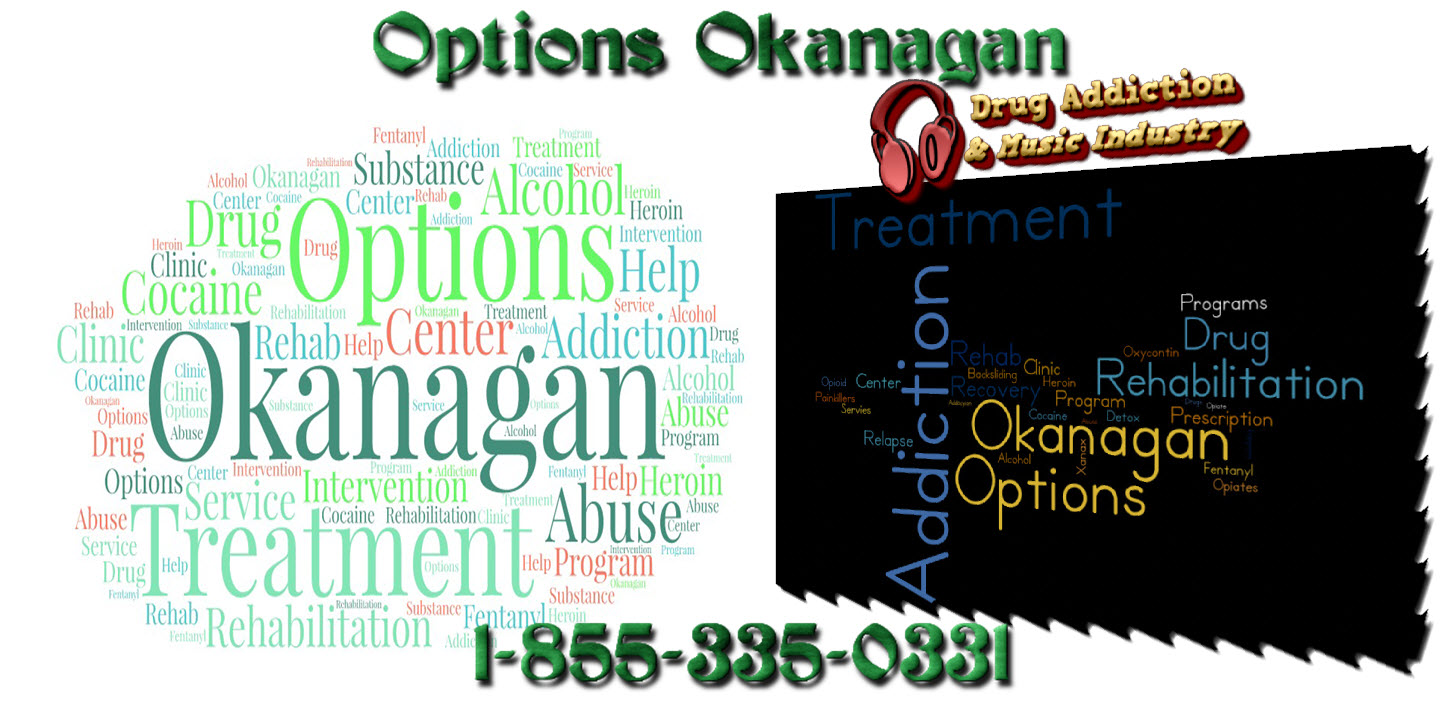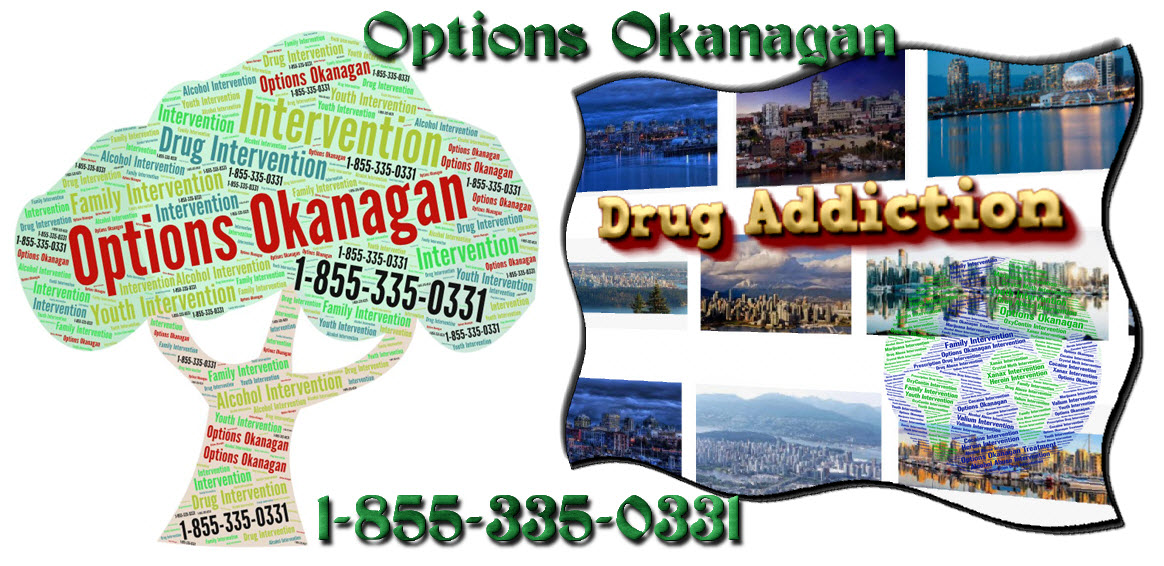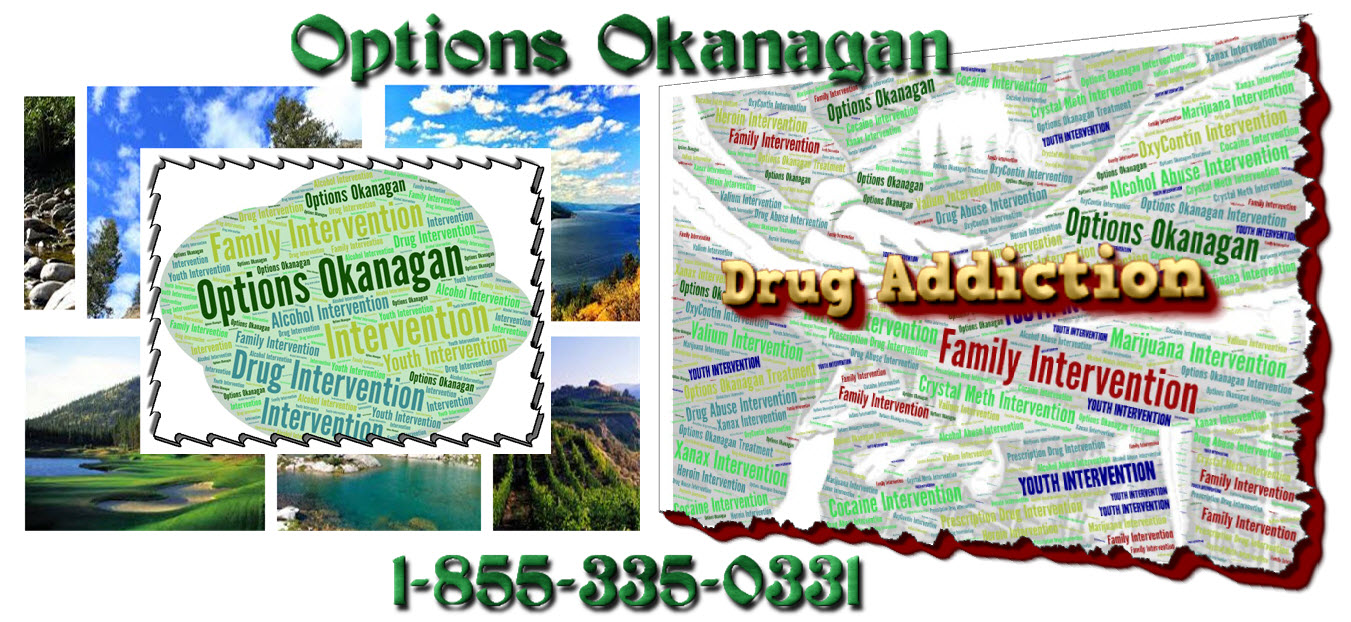Understanding what it is like to have a loved one with a drug or alcohol addiction – Drug addiction treatment for recovering addicts in British Columbia and Alberta – Options Okanagan Treatment Centers in Kelowna, British Columbia treating drug, opiate, fentanyl, heroin and alcohol addiction and recovery.
Opiate Rehabs In Alberta And BC
Family Understanding : Why Their Loved One Has An Addiction
When it comes to family, most people feel like they can rely on their loved ones for the support they need to get them through some tough times. However, when a family member is living with an addiction, things can quickly take a turn for the worst for everyone involved. Addiction is considered a complex disease that is difficult for those dealing with it, along with their family members. When a person becomes addicted to drugs or even alcohol, they are no longer making wise decisions because the substances they use are taking control over the way that they think. Addiction is something that can have such a negative impact on a person’s mental health and wellbeing.
The complex disease often creates problems for family members. They love their son, daughter, sibling, or parent so much, but they do not know how to handle the person that he or she has become because of the addiction. Caring about someone with addiction often leaves family members feeling stressed and hopeless without knowing where to turn to help their loved one. While it is not always obvious, each person within the family does have a role in the other person’s addiction. It is important for family members to try to remain as understanding as possible while realizing that addiction is more of a disease than a simple choice that people choose to make.
Addiction is not just a horrific disease – it is also the kind of disease that steals the lives of many people each year. Those who struggle with it often feel alone and isolated with nowhere to turn to make their lives any better. They often become even more dependent on drugs and alcohol because they are trying to self-medicate and want to feel better. Recovery takes time and is something that must happen in steps.
When an individual misuses certain types of substances, addiction will eventually occur, and that means everyone in the family will eventually suffer from the pain that addiction causes. It will hurt the person who suffers from addiction, but it will hurt their parents, children, siblings, and other relatives just as much. The sad thing about addiction is that the common signs of it are often overlooked by loved ones for far too long. If a loved one is acting out of the ordinary and you have concerns, you should act quickly instead of avoiding the situation.
Opiate Rehab in Alberta and BC
An addicted person often behaves differently. They may no longer seem like themselves anymore. When this happens, you should try to find help for your loved one rather than avoiding the situation at hands. If you choose to avoid the situation, it will only continue to go on and get worse. However, if you are willing to take a stand for your loved one, you can make sure that he or she gets the professional help before hitting rock bottom.
Continuing Care and Aftercare in Alberta and BC
Co-occurring Addicted in Alberta and BC
Options Okanagan Opiate and Alcohol Treatment Centers in Kelowna, Salmon Arm and Vancouver, British Columbia – Men and Women are recovering and healing from Alcohol and Drug Abuse at our treatment center here in the Okanagan right now.
Our unique and distinctive Opiate Drug and Alcohol treatment program allows men and women to come in from Calgary as well as Edmonton as we offer airport pickup.
Numerous clients come to us from Vancouver, Calgary and Edmonton and other locations in Alberta and even other provinces for Opiate addiction treatment, heroin drug treatment, many other drug and alcohol addictions for rehabilitation because of the uniqueness of our treatment center.
Our Drug Treatment Location:
Options Okanagan Drug and Opiate Treatment Center
551 Sherrydale Crescent, Kelowna, British Columbia, V1V 2E6
Toll Free Phone Number : 1-855-335-0331

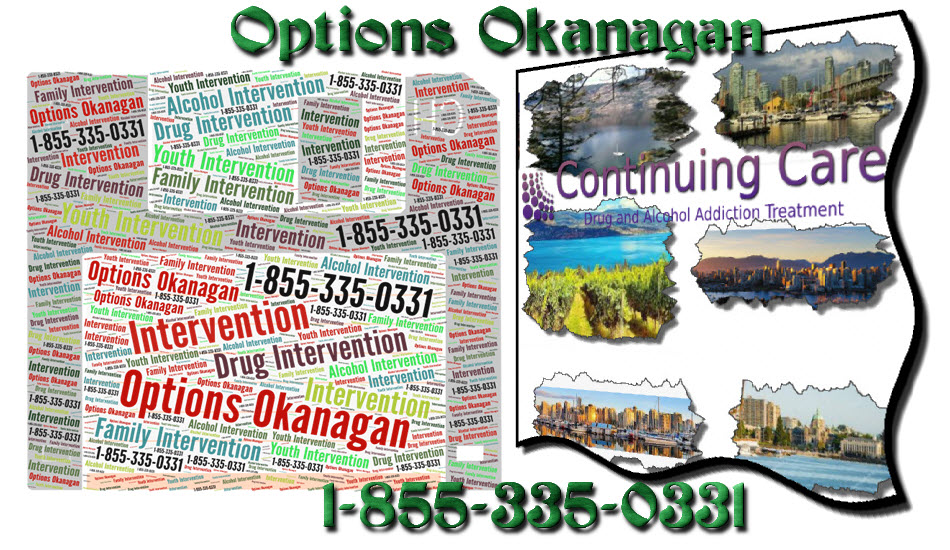
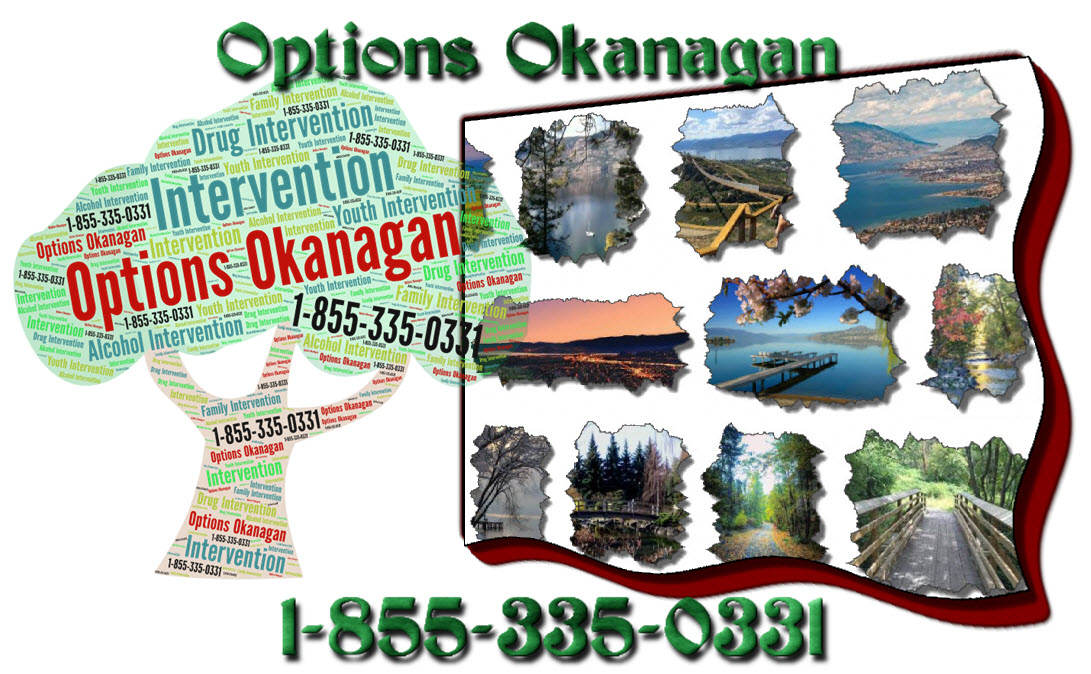
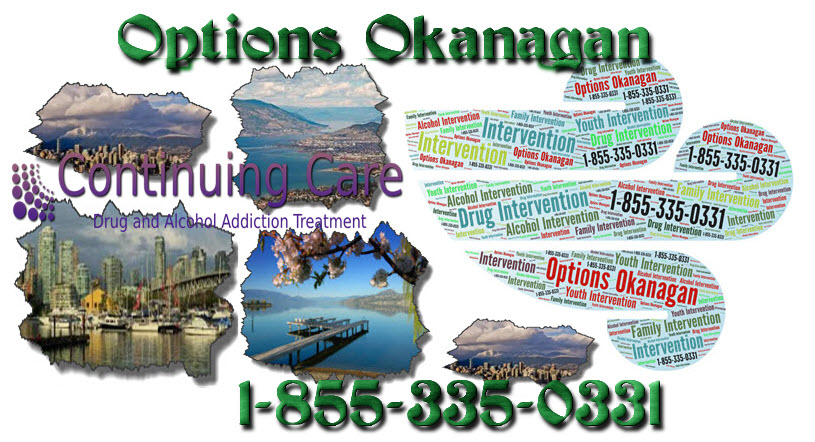
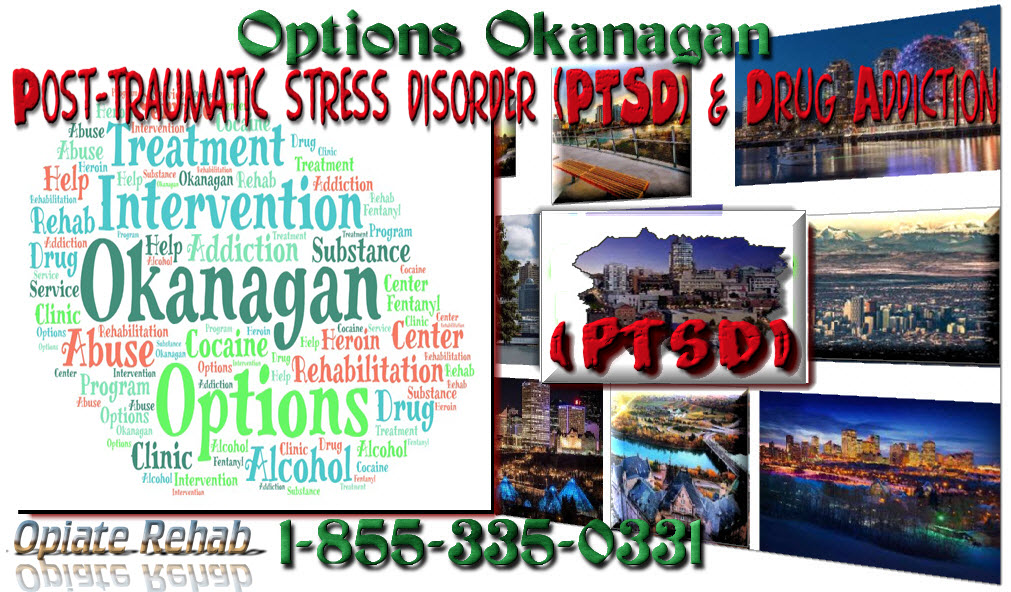
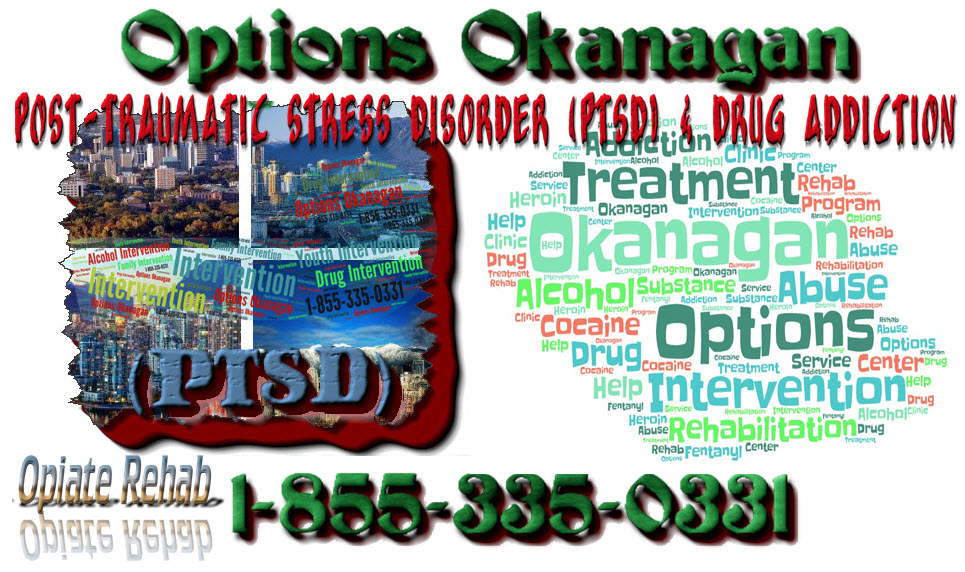
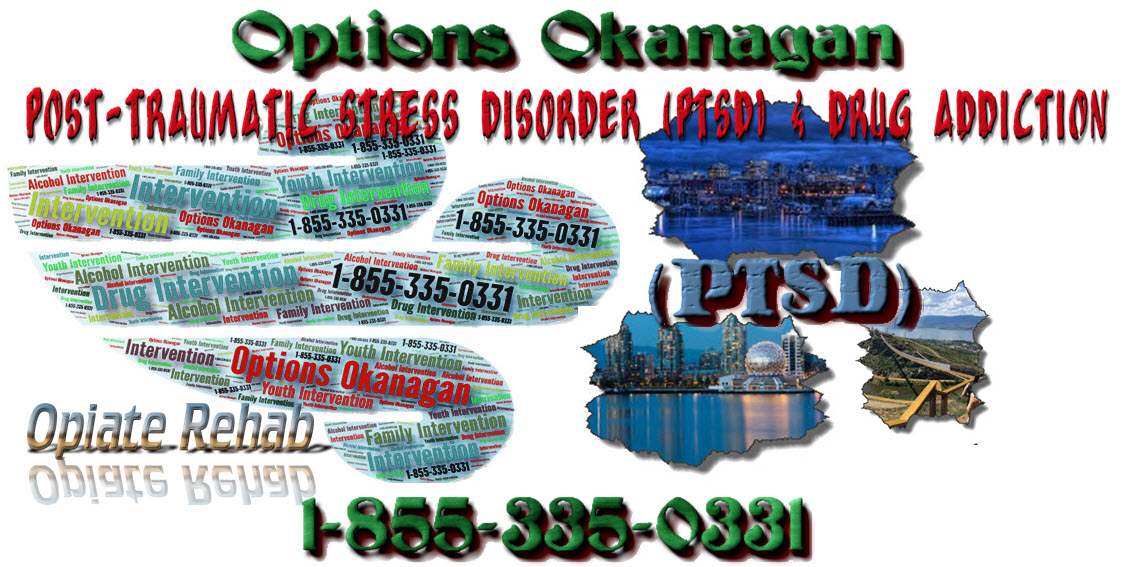
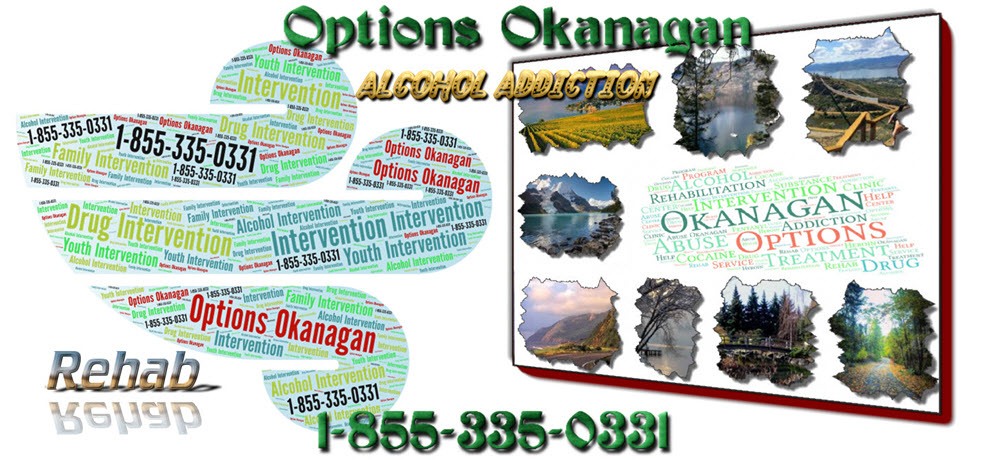
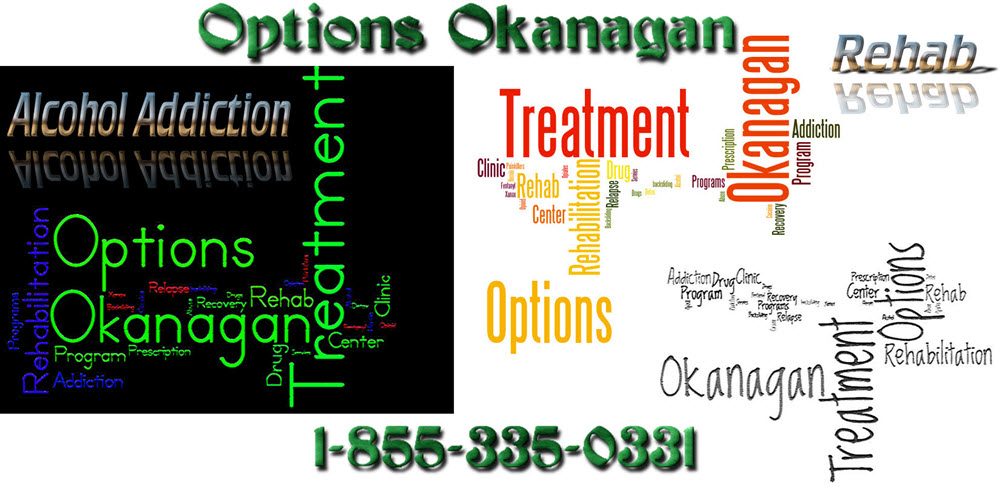
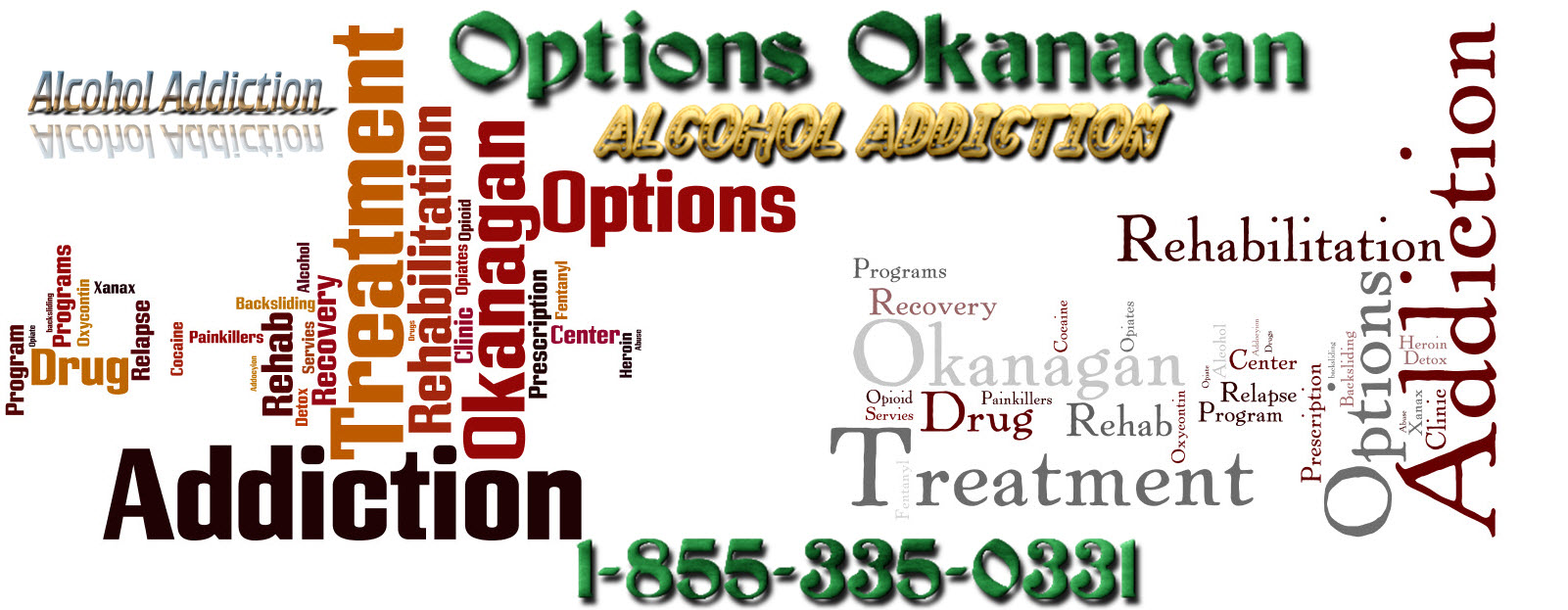





 & Drug Addiction - Options Okanagan Treatment Centers.jpg)
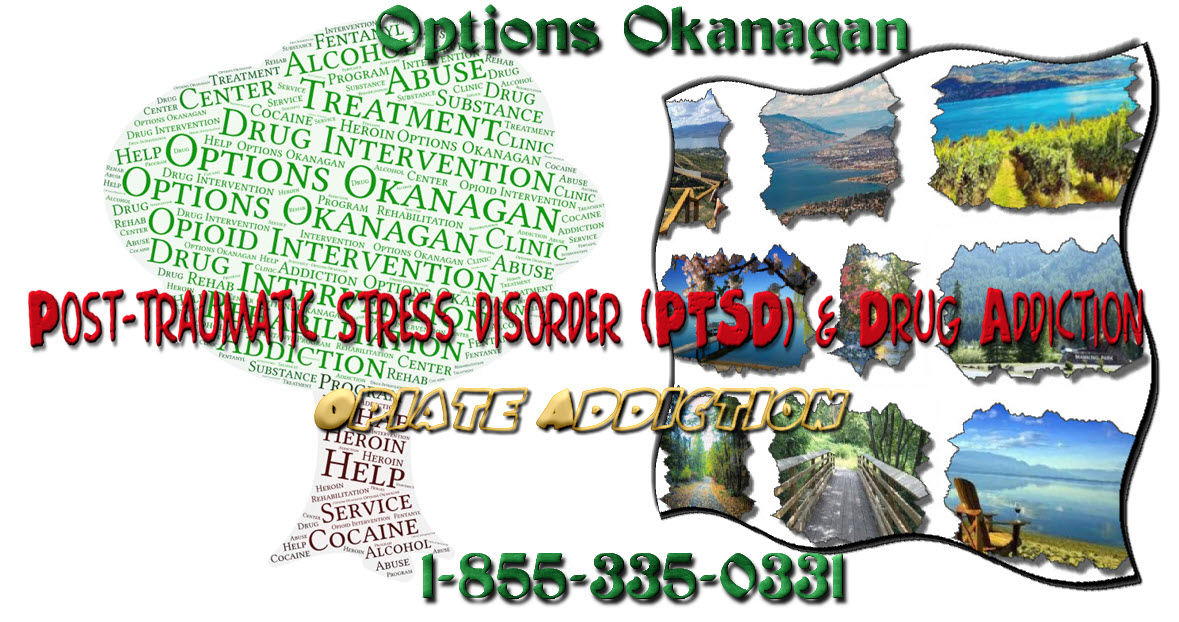
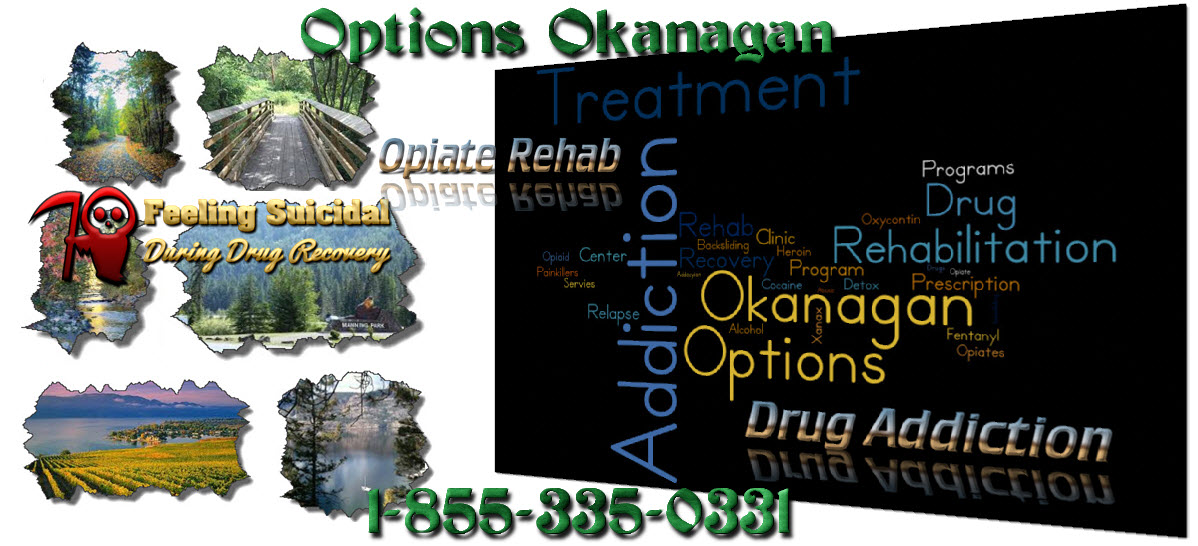
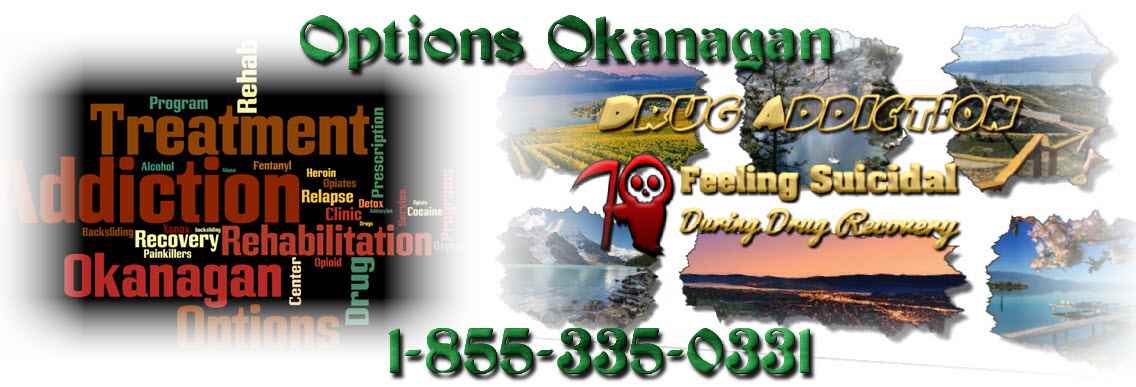
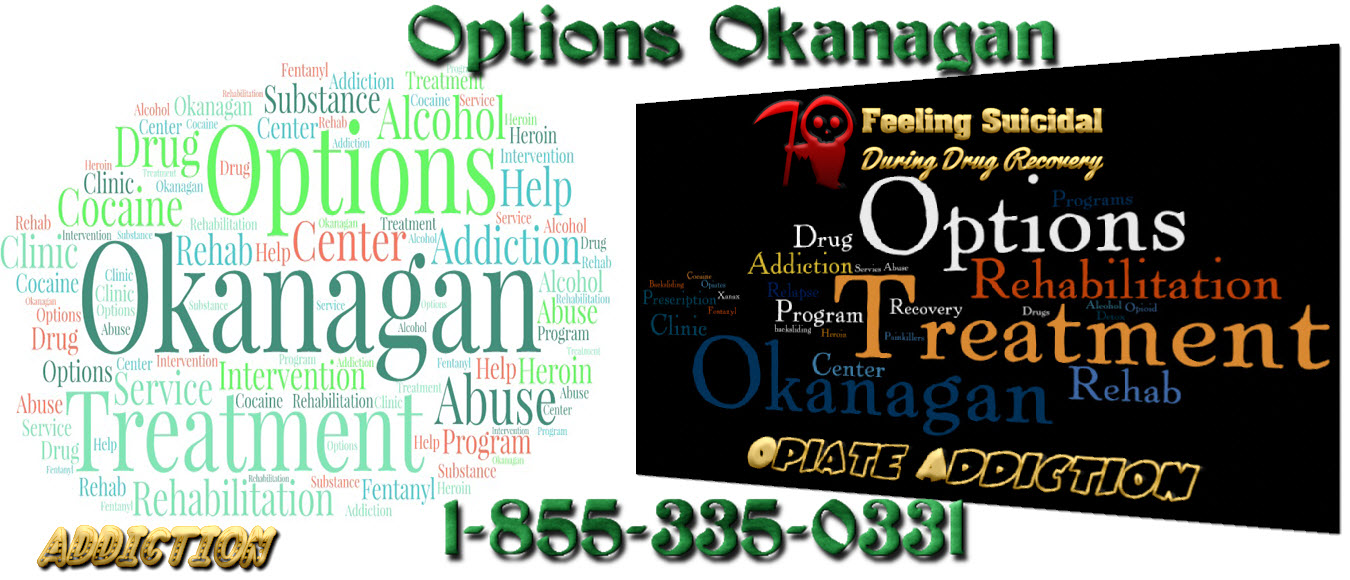
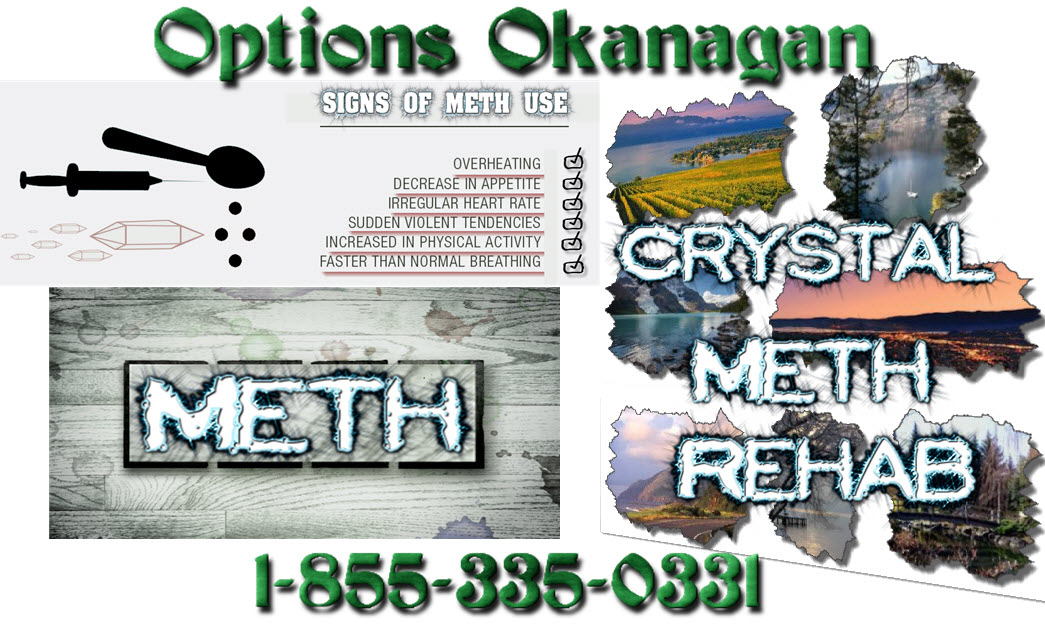
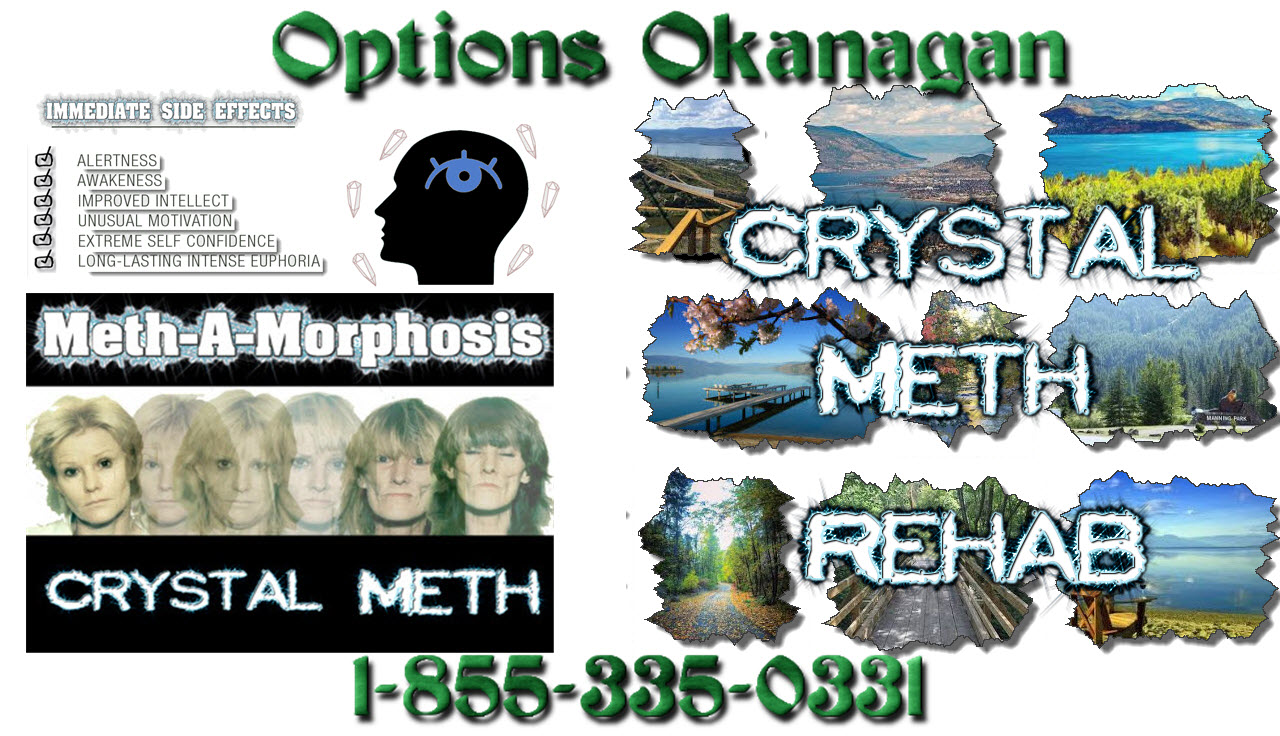

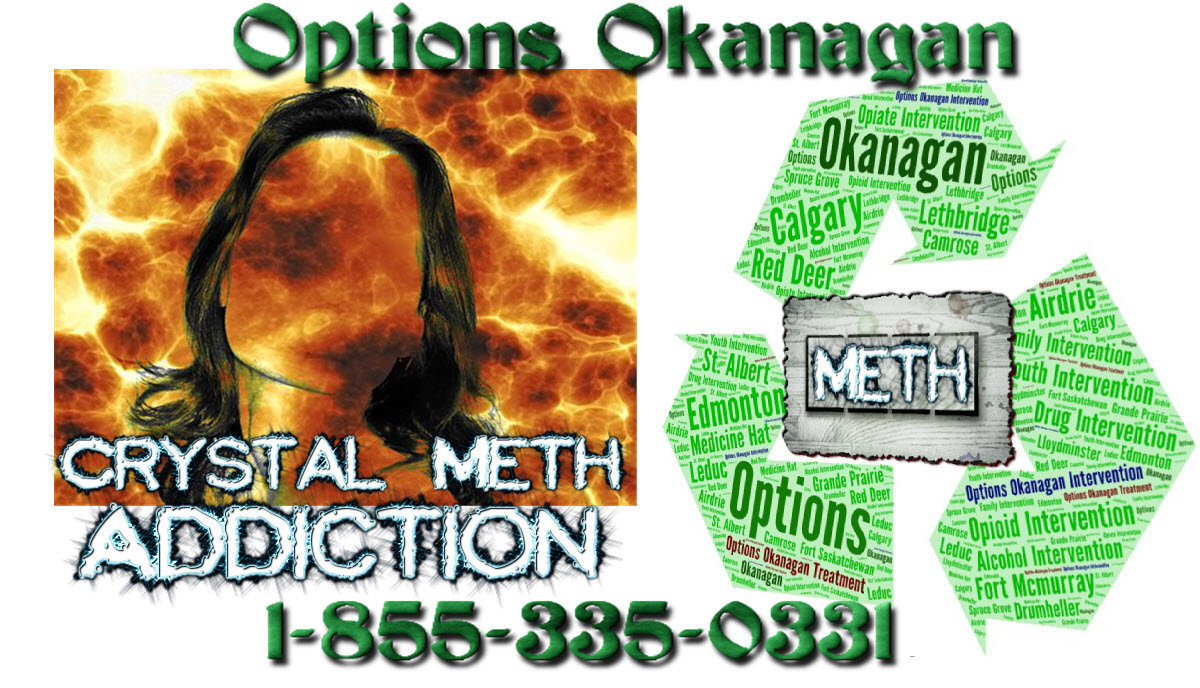
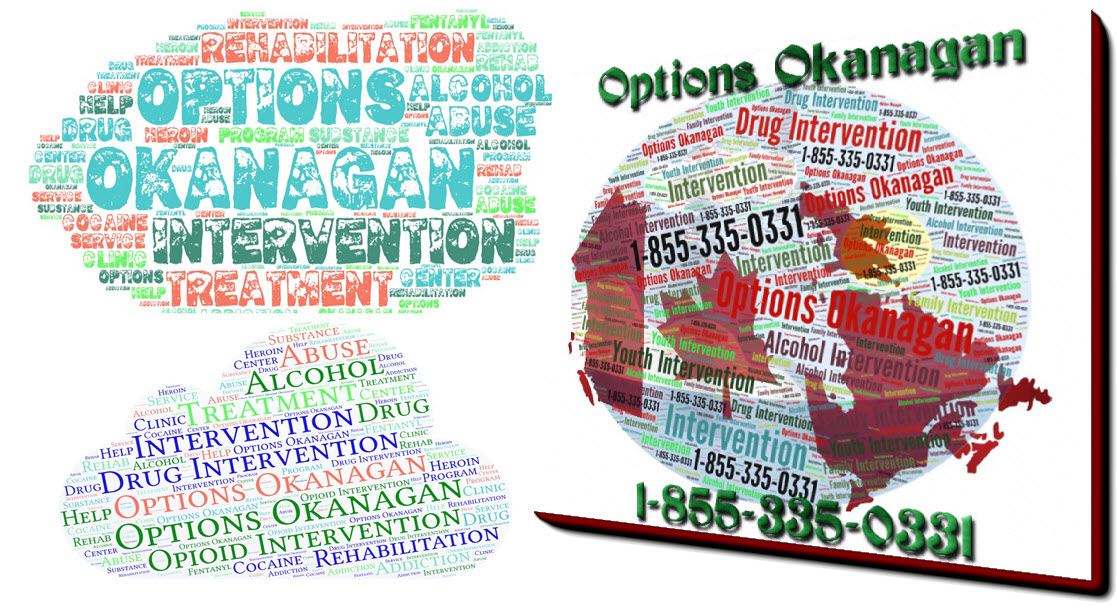

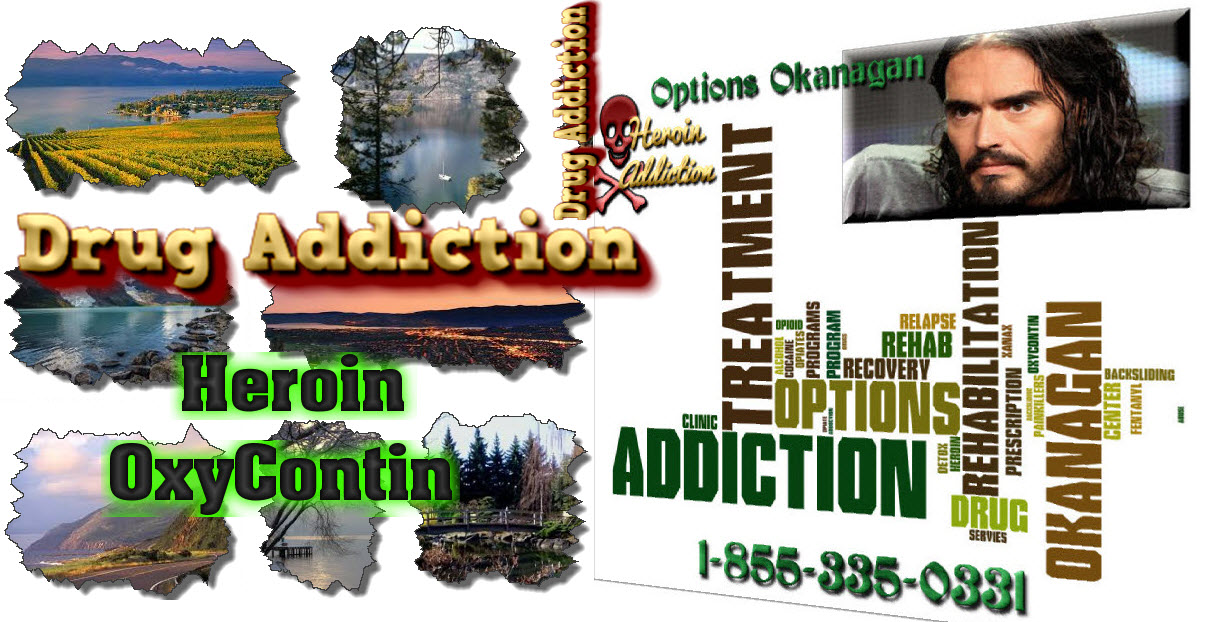
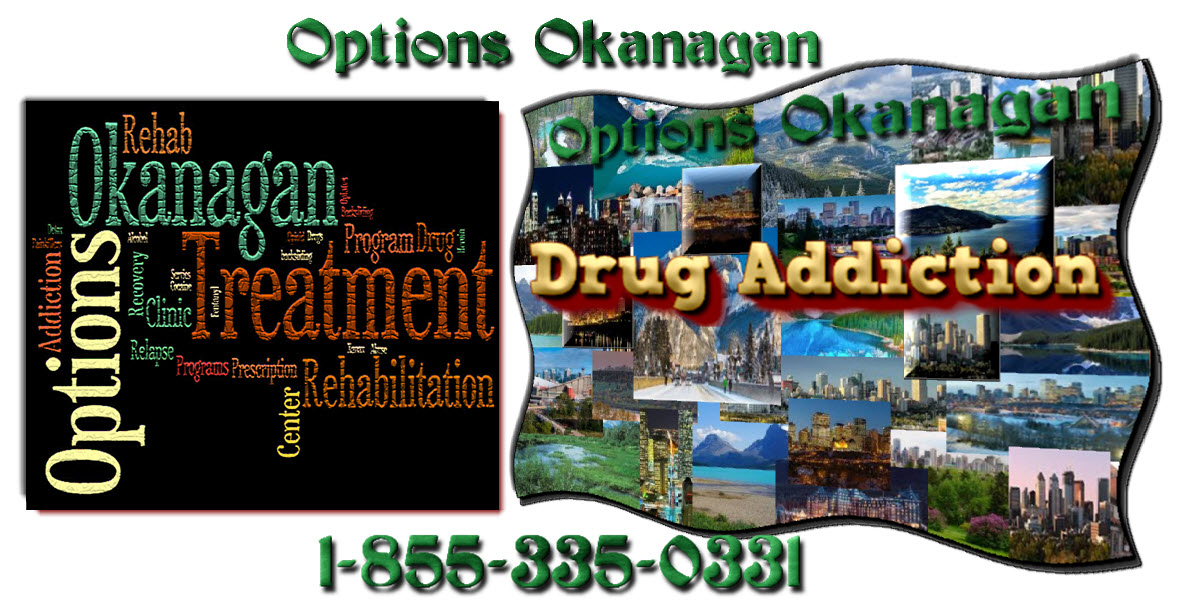

 Money - Options Okanagan Drug Treatment Centers.jpg)
